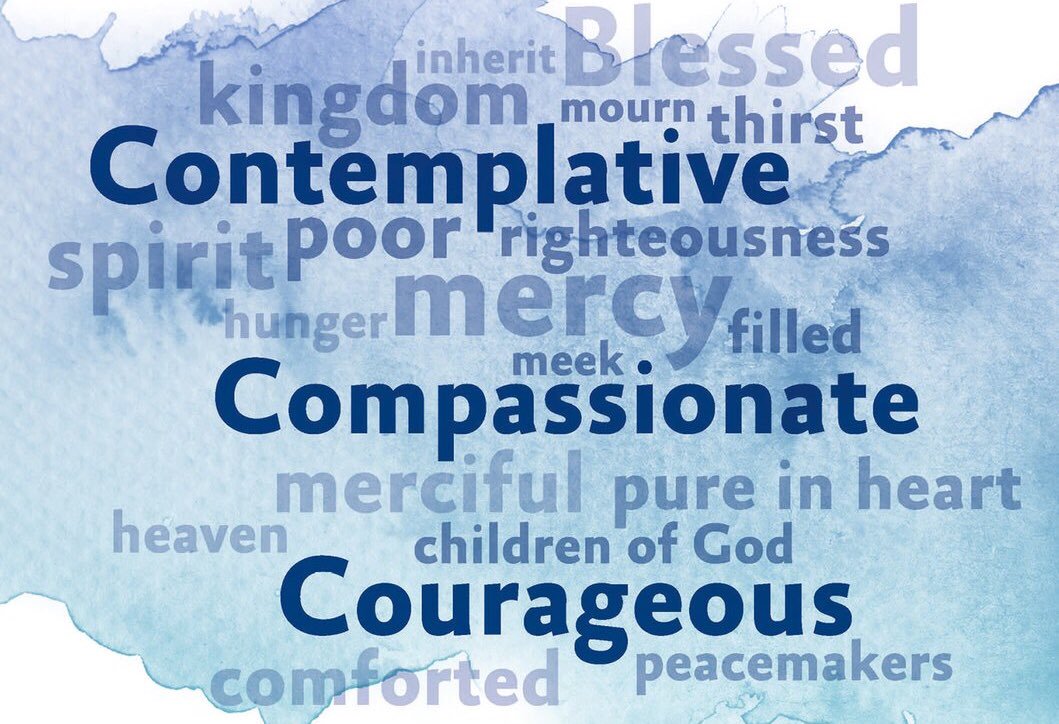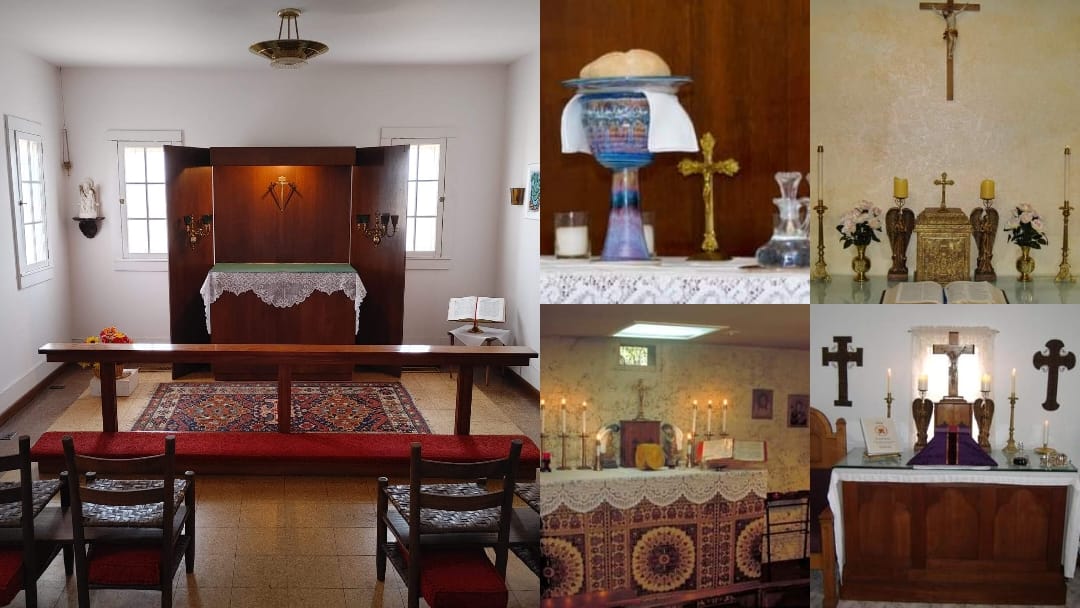To Live Sacramentally, To Labor Faithfully, and To Love Universally
The New Monasticism and the Sacramental Community of the Coworkers of Christ
By Abbot Bishop Brian Ernest Brown, CWC
The New Monasticism arises not as a rejection of the ancient monastic traditions, but as their renewal within the life of the contemporary Church. It is a manifestation of the same Spirit who called the Desert Fathers into solitude and the cenobitic communities into common life, now calling men and women, lay and ordained alike into a shared rhythm of prayer, labor, and fellowship that sanctifies life in the midst of the world.
In traditional monasticism, enclosure and separation from the world served as a sign of the kingdom that is not of this world. The monk’s withdrawal was prophetic, a witness to the transcendent reality of God. The New Monastic witness, by contrast, is incarnational: it seeks to reveal that same kingdom within the world, among the poor, the working, and the ordinary. The cloister has become the neighborhood; the cell, the home; the chapter, the community of those bound together by covenant rather than walls.
Within the Sacramental Community of the Coworkers of Christ, this renewal is expressed through a theology of presence. Members are bound by a Common Rule, not to escape the world, but to consecrate it. Our life is profoundly sacramental: Christ is encountered not only in the Eucharist but in the labor of human hands, in acts of service, and in the bonds of spiritual friendship. The altar extends into the field, the home, and the street. Every shared meal, every work of mercy, and every prayer of intercession becomes an extension of the Eucharistic offering.
Whereas the traditional monk sought stability in the enclosure of a monastery, the Coworker seeks stability in communion with Christ, with the Church, and with one another. Our communion forms a dispersed yet united body, an ecclesiola that lives the mystery of the Church in miniature. It is a sign of the one Body of Christ, whose members, though scattered, are joined in one Spirit and one mission: to labor as coworkers in God’s service, transforming the world through grace.
Thus, the New Monasticism of the Coworkers of Christ is not a departure from the monastic ideal but its unfolding in a new way, one that blends the contemplative with the active, the sacramental with the incarnational, and the ancient with the ever-renewing life of the Spirit. It is the same call that has echoed through the centuries: to seek God above all things and to make of one’s whole life, a living sacrifice of praise.
At the heart of the Coworkers of Christ is the conviction that the call to communal and sacramental life flows directly from the Gospel itself. Saint Paul’s words “For we are God’s coworkers; you are God’s field, God’s building” (1 Corinthians 3:9) express both the dignity and the humility of the Christian vocation. Each member participates in Christ’s own labor, cultivating the soil of creation and tending the growth of grace within the human community.
The pattern of this vocation is found in the life of Jesus, who prayed in solitude yet dwelt among the people, who sanctified daily bread and ordinary labor, who gathered disciples not into isolation but into communion. The Coworkers of Christ thus understand our life as a participation in the mystery of the Incarnation: to make visible in the world the love that God has made visible in Christ.
The sacramental vision lies at the very center of the Coworkers’ theology. All of creation is charged with divine presence; every moment, rightly perceived, becomes an encounter with grace. The Eucharist, the source and summit of Christian life, is the wellspring from which all other acts of service, labor, and prayer draw their meaning.
In this way, the New Monastic does not divide life into sacred and secular, but perceives all things as held together in Christ. The altar in the chapel and the table in the home are of one substance: both become places of offering, thanksgiving, and communion. Thus, the Coworker’s work in the world, whether in ministry, profession, or family, is understood as Eucharistic extension, an outward sign of the inward reality of Christ’s continual self-giving.
The Coworkers of Christ are not bound by enclosure but by covenant. Our unity is sacramental rather than spatial, grounded in shared prayer, shared discipline, and mutual charity. Each member remains rooted in their local context, yet joined mystically and practically to the whole community through the common rhythm of the Common Rule.
This unity mirrors the mystery of the Church herself, many members, one Body. The diversity of vocation within the community (lay, clerical, single, married) reflects the fullness of the human condition redeemed in Christ. The Coworkers bear witness that holiness is not confined to one state of life, but is accessible wherever the grace of God is received and lived faithfully.
The name “Coworkers of Christ” signifies not only fellowship but active participation in divine mission. The New Monastic life is not merely contemplative withdrawal but contemplative engagement. Prayer leads to action, and action returns to prayer in a continuous cycle of love.
Each Coworker is called to manifest Christ’s compassion in tangible ways, through hospitality, mercy, advocacy, and the sanctification of daily work. In this sense, mission is not an external project but the natural overflow of a life conformed to Christ. The world is the vineyard of the Lord, and every act of faithful labor is a seed of the Kingdom.
In uniting these foundations Scriptural, Sacramental, Communal, and Missional, the Coworkers of Christ embody a holistic spirituality. Our New Monasticism is not an escape from the world but a transformation of it through grace. We live as signs of the reconciliation God intends for all creation, showing that the sacred and the ordinary are not opposed, but interwoven in the mystery of Christ’s presence.
Thus, the Coworkers’ vocation may be summarized simply: to live sacramentally, to labor faithfully, and to love universally, as coworkers in the unfolding work of God’s redemption.


